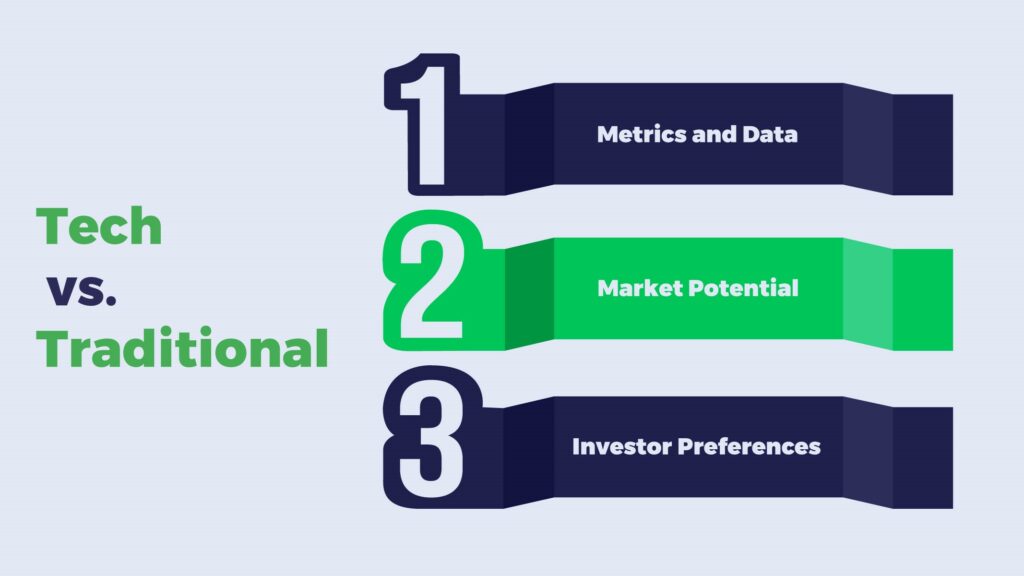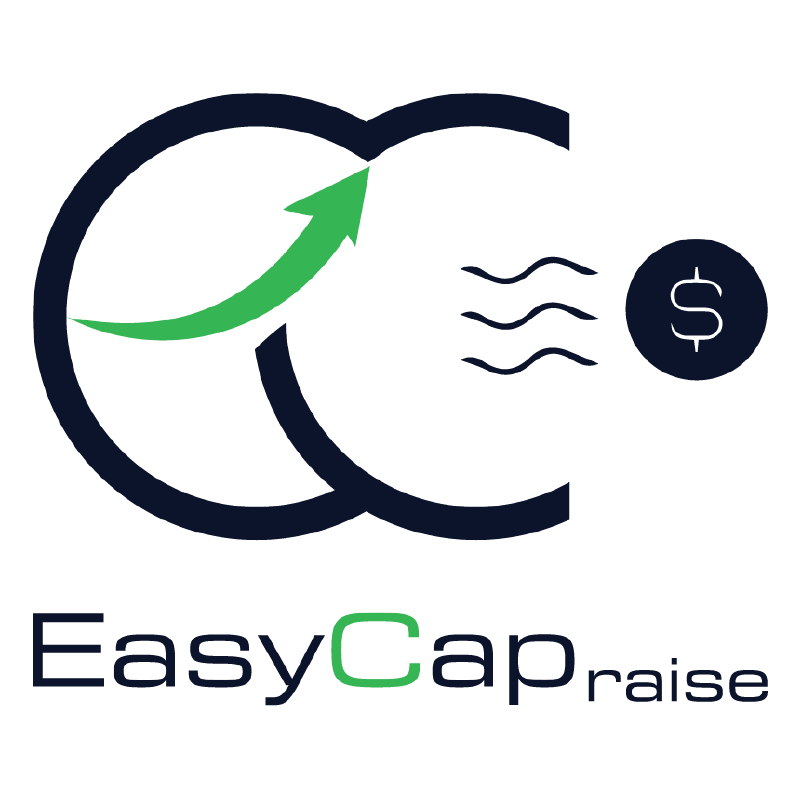Tech vs. Traditional: Clash of Startup Valuation Philosophies
In today’s rapidly evolving startup landscape, the clash of startup valuation philosophies between tech-driven and traditional approaches is becoming increasingly pronounced. Startups, characterized by their innovative technologies and business models, have disrupted traditional industries and investment strategies. In this article, we will delve deep into the differences between these two startup valuation philosophies and explore the pros and cons of each. By the end, you’ll have a clearer understanding of the ongoing clash of startup valuation between tech and traditional in the world of startups.
Understanding Traditional Valuation
The traditional clash of startup valuation methods relies on well-established financial metrics to determine a startup’s worth. These metrics include earnings before interest and taxes (EBIT), price-to-earnings (P/E) ratio, and discounted cash flows (DCF) analysis. Investors using this approach emphasize a company’s current financial health and its ability to generate profits in the near term.
The Rise of Tech-Driven Valuation
In contrast, tech-driven startup valuation places a premium on innovation and growth potential. Startups that embrace cutting-edge technologies and disrupt existing markets often garner higher valuations, even if they are not yet profitable. This approach considers factors such as user acquisition, market penetration, and the scalability of the business model.
Key Differences

Metrics and Data
Traditional startup valuation relies on historical financial data, while tech-driven startup valuation incorporates non-financial data like user engagement, technology readiness, and competitive advantage.
Market Potential
Tech-driven startup valuation hype focuses on the startup’s potential to capture a substantial market share, even if it operates in a niche market, whereas a traditional clash of startup valuation emphasizes the current market size.
Risk Assessment
Traditional startup valuation places a greater emphasis on risk mitigation, while tech-driven startup valuation acknowledges higher risk levels associated with innovative venture capital.
Investor Preferences
Investors with a traditional mindset prefer startups with proven profitability, whereas tech-savvy investors are more willing to bet on disruptive technologies with high growth potential.
Pros and Cons of Traditional Valuation
Pros
- Safety: Traditional valuation provides a conservative approach, reducing the risk of significant financial losses.
- Stability: Established metrics offer a stable foundation for valuation, making it easier to assess a startup’s financial health.
Cons
- Innovation Neglect: It may discourage innovation and favor companies with incremental improvements.
- Missed Opportunities: Traditional valuation may undervalue startups with groundbreaking ideas but limited historical data.
Pros and Cons of Tech-Driven Valuation
Pros
- High Growth Potential: Tech-driven valuation identifies startups with the potential for exponential growth.
- Innovation Embrace: Encourages innovation and disruptive technologies, driving industry progress.
Cons
- Risk Exposure: High valuation based on potential can lead to inflated expectations and financial disappointments.
- Lack of Profitability: Overemphasis on growth may result in overlooking the startups’ long-term profitability of a startup.
The Role of Innovation
Innovation is the driving force behind tech-driven valuation. Startups that pioneer new technologies or business models often captivate investors who are seeking the next big thing. However, innovation comes with risks, and not all startups can successfully execute their groundbreaking ideas.
Case Studies
Traditional Valuation Success
One notable success story is the valuation of a well-established manufacturing company. Despite modest growth, its consistent profitability and market share allowed it to command a high valuation, attracting traditional investors seeking stability.
Tech-Driven Valuation Success
On the other hand, a tech startup that developed a cutting-edge artificial intelligence algorithm quickly gained attention and secured substantial funding. Its valuation skyrocketed based on the potential to disrupt multiple industries.
Finding a Balance
In reality, the clash between tech and traditional valuation philosophies need not be a battle. Investors can find a balance by considering a startup’s financial stability alongside its innovation potential. This blended approach allows for more comprehensive decision-making, reducing the risk of overlooking valuable opportunities.
Ready to unlock the full potential of your startup’s valuation? Contact Easy Capraise today and let us guide you through the clash of startup valuation philosophies. Our expert team will help you secure the best investors and funding for your business. Don’t miss out on growth opportunities – take the first step towards success now!
FAQs
Is one valuation philosophy better than the other?
There is no one-size-fits-all answer. It depends on the nature of the startup and the investor’s risk tolerance and objectives.
Can a startup transition from tech-driven to traditional valuation?
Yes, as startups mature and establish a track record, they can transition to a more traditional valuation approach.
What are some common pitfalls in tech-driven valuation?
Overestimating growth potential and underestimating execution risks are common pitfalls in tech-driven valuation.
Are there industries where one philosophy is more suitable than the other?
Tech-driven valuation is often more suitable for technology-focused startups, while traditional valuation may be preferred in more stable industries.
How can investors strike a balance between the two philosophies?
Investors can strike a balance by considering both financial stability and innovation potential in their valuation process.
Conclusion
The clash between tech and traditional valuation philosophies reflects the evolving nature of the startup ecosystem. While both approaches have their merits and drawbacks, the key lies in recognizing that startups are not one-size-fits-all. Investors must adapt their valuation strategies to match the unique characteristics of each startup they encounter.
Contact us
Good to have you here! If you have any queries, please leave your message. Our team will reach out soon:)
.








